Spanning thousands of years of history, the Hung Temple Festival (in Phu Tho province) has had a strong vitality and spread strongly, from a village festival to a National festival (a National festival with the participation of the State and compatriots nationwide, overseas Vietnamese in practicing rituals and ceremonies). However, unchanged over time, the core value of the Hung Temple Festival remains intact, preserved and passed down by generations of Vietnamese people, raising it to a new level. That is the morality of gratitude - the traditional cultural beauty of the Vietnamese people...
The history of the Vietnamese people began with the Hung King era with the merits of the Hung Kings who founded the country, broke rocks, expanded, and built the Van Lang State. Remembering that great merit, generations of Vietnamese people have honored the Hung Kings as the ancestors of the nation for thousands of years. The worship of the Hung Kings has become a custom, a belief and has been passed down from generation to generation. Throughout history, this belief has become a spiritual support, a belief in the sacred and mysterious power of ancestors for the Vietnamese people to strengthen the great solidarity of compatriots, join hands to defeat natural disasters, foreign invaders, and protect the country's borders.
Procession to Hung Temple (Phu Tho).
Studies have shown that thousands of years ago, our ancestors built Hung Temple and organized the Hung Temple Festival with a folk character. Treo Village (Hy Cuong Commune), Vi Village (Chu Hoa Commune) built Hung Temple with the initial scale of only a small temple. He Village Festival (Hy Cuong and Chu Hoa Commune) with many ancient folk performances was organized: Howling procession, running from the enemy, presenting elephants and horses, carrying princesses, performing humorous plays. When the Trung Sisters raised the flag of uprising to drive out the Eastern Han invaders, they went to the Upper Temple in the Hung Temple Relic Site to worship heaven and earth, vowing to avenge their family and pay their debt to the country, and succeed the Hung Kings. "Thien Nam Ngu Luc" recorded Trung Trac's oath as follows: "First, I would like to avenge the country/Second, I would like to restore the old Hung family legacy...". In 980, when the country gained independence, King Dinh Tien Hoang officially ordered the writing of the legend. During the succeeding feudal dynasties, Hung Temple was renovated and built to become more spacious and majestic. The ancient books “Dai Viet Su Luoc” and “Dai Viet Su Ky Toan Thu” have affirmed and explained the common origin and source of the Vietnamese people - the Hung Kings. In the first year of Hong Duc in the Later Le Dynasty, the “Ngoc Pha Hung Vuong” was compiled, which recorded: “From the Dinh Dynasty, Le Dynasty, Ly Dynasty, Tran Dynasty and then to our current dynasty, Hong Duc Later Le, people still burn incense in the temple in Trung Nghia village (Co Tich)”, where people from all over the country come to worship to commemorate the merits of the ancient Holy Ancestor”...
During the Nguyen Dynasty, the capital was located in Hue. In 1823, King Minh Mang had the Hung Kings' tablets brought to the Lich Dai De Vuong Temple to be worshiped. At the Hung Temple, they were granted titles for worship. The ceremony to celebrate the Hung Kings' death anniversary was specifically and strictly regulated, showing the respect of the dynasties and people towards their ancestors.
The August Revolution succeeded, the country gained independence, the Party, the State and our people paid special attention to the worship of the Hung Kings - the common ancestors of the nation and focused on investing funds to renovate and embellish the Hung Temple historical relic to make it more spacious, worthy of being a place to worship the common ancestors of the nation. Immediately after the establishment of the Democratic Republic of Vietnam, on February 18, 1946, President Ho Chi Minh issued Decree No. 22C NV/CC regulating major annual holidays, including the Hung King's death anniversary being a day off. On April 2, 2007, the National Assembly of the Socialist Republic of Vietnam approved the amendment and supplement to Article 73 of the Labor Law allowing employees to take a day off with full pay on the Hung King's death anniversary (the 10th day of the third lunar month). In 2010, the Hung Kings' Commemoration Day - Hung Temple Festival was held for the first time in the most solemn national ceremony in history, with President Nguyen Minh Triet as the master of ceremonies, conducting solemn rituals and ceremonies in the incense offering ceremony to commemorate the Hung Kings on the 10th day of the third lunar month. This event marked the peak of development, demonstrating the strong vitality and spread of the festival over time and space. The scale of the festival demonstrates the spirit of national convergence, solidarity and preservation of Vietnamese cultural identity towards the nation's roots - a particularly important tradition expressed through the Hung Temple Festival in many different periods. At the same time, it clearly demonstrates the spiritual character of the Vietnamese people in history - past - present - future.
Thuong Temple on top of Nghia Linh mountain.
Proud to be the "firstborn son", the place where the King chose to build the capital, for many years now, Phu Tho province has always made efforts to mobilize all resources to renovate and build Hung Temple worthy of the status of a special National Monument, organizing Hung Temple Festival as an exemplary festival in the whole country, a place where the quintessence of national culture converges and shines, a beautiful symbol of spiritual and cultural values, fully demonstrating the intelligence, morality, character, bravery, and noble soul of the Vietnamese people...
The everlasting vitality, movement, development and strong spread of the Hung Kings' Commemoration Day - Hung Temple Festival originates from the value and nature of the morality of "gratitude", in which filial piety is the core. The journey of expressing filial piety has overcome many ups and downs of time, has settled and crystallized in each cultural layer - in the beginning, it was the worship of mountain gods, river gods, rice gods... then it transformed into ancestor worship. In the beginning, it was the custom of worshiping gods on Nghia Linh mountain, then the construction of temples, pagodas, worshipping, organizing death anniversaries which were initially just village festivals and gradually transformed into national festivals and national ceremonies with the solidarity of the entire ethnic community. According to statistics from the Ministry of Culture, Sports and Tourism, the whole country has 1,417 relics worshiping Hung Kings and figures of the Hung King era, in Phu Tho province alone there are 345 relics associated with villages worshiping Hung Kings, of which the Hung Temple National Historical Relic Site is the largest center for practicing Hung King worship in the country. The relics worshiping Hung Kings along with rituals and festivals are spread across the three regions of the North, Central and South. Together with the whole country, to show gratitude to the ancestors and Hung Kings, on the 10th day of the third lunar month every year, overseas Vietnamese have organized the Hung King's death anniversary, set up a Hung King's National Ancestor altar at the Embassy and Consulate Offices of countries to meet the need to turn to their ancestors and the nation. In the US, overseas Vietnamese have mobilized donations to build a Hung King temple named "National Ancestor Vong Tu", inaugurated in 2003 in San Jose city, California state. The strong spread and vitality of the Hung King worship and ancestor worship have clearly demonstrated the traditional moral values of the Vietnamese people that are preserved and passed down from generation to generation. With these typical values, on December 6, 2012, UNESCO officially recognized the Hung King worship in Phu Tho as a representative intangible cultural heritage of humanity.
Procession to Hung Temple.
The Hung Kings' Commemoration Day and the Hung Temple Festival are the pinnacle of the tradition of gratitude, of remembering the source of water when drinking, and of remembering the person who planted the tree when eating fruit. The Hung Kings' Commemoration Day is a unique historical phenomenon that is rare compared to many ethnic nations in the world. The essence of the Hung Temple Festival represents four basic contents: Filial piety; the morality of remembering the source when drinking water; the ideology of national origin and the uniqueness of the Vietnamese ancestor worship belief, the peak of which is the Hung Kings' worship belief, which has been honored by UNESCO. The transformation and development into a national festival (Hung King's Commemoration Day - Hung Temple Festival) has gathered the strength of national solidarity, publicized the sovereignty of our State through the ages, with eternal value as the foundation to determine the sovereignty of the Vietnamese ethnic community: Having origins, having territory, having an organizational structure of the management apparatus from ancient times to the present with its own regime and institutions, demonstrating national self-reliance against the plots of violating territorial sovereignty, assimilating the nation, assimilating the culture of hostile forces. With its strong vitality along with the development and maturity of the country associated with the longevity of the nation through all ages overcoming challenges, the Hung Temple Festival is forever a cultural symbol of noble value of the Vietnamese people.
Throughout the history of building and defending the country, the morality of showing gratitude to ancestors has become a bond, a spiritual support, a special source of strength for the nation, creating a miracle called Vietnam in uniting against natural disasters, enemies, protecting and building a beautiful country. The spiritual strength of the Hung Kings' death anniversary is like a call from the heart of every Lac Hong descendant to turn towards their roots, towards the Fatherland with the two sacred and familiar words "Compatriots". There is nothing more grateful to ancestors than preserving and promoting the heritage passed down from their ancestors to a new height. Therefore, the Hung Kings' death anniversary is also an opportunity for Lac Hong descendants from North to South, from the lowlands or the highlands, Kinh people or ethnic minorities, religious or non-religious, at home or abroad to turn towards the Ancestral Land, where the sacred energy of mountains and rivers converges, respectfully lighting incense sticks to express gratitude for the Hung Kings' contributions to building the country, joining hands to preserve and build a rich and beautiful country to fulfill the wishes of their ancestors.
AD Advertisement
Source: https://baonghean.vn/gio-to-hung-vuong-quoc-le-cua-dao-ly-tri-an-10294598.html






![[Photo] "Beauties" participate in the parade rehearsal at Bien Hoa airport](https://vstatic.vietnam.vn/vietnam/resource/IMAGE/2025/4/11/155502af3384431e918de0e2e585d13a)



![[Photo] Looking back at the impressive moments of the Vietnamese rescue team in Myanmar](https://vstatic.vietnam.vn/vietnam/resource/IMAGE/2025/4/11/5623ca902a934e19b604c718265249d0)
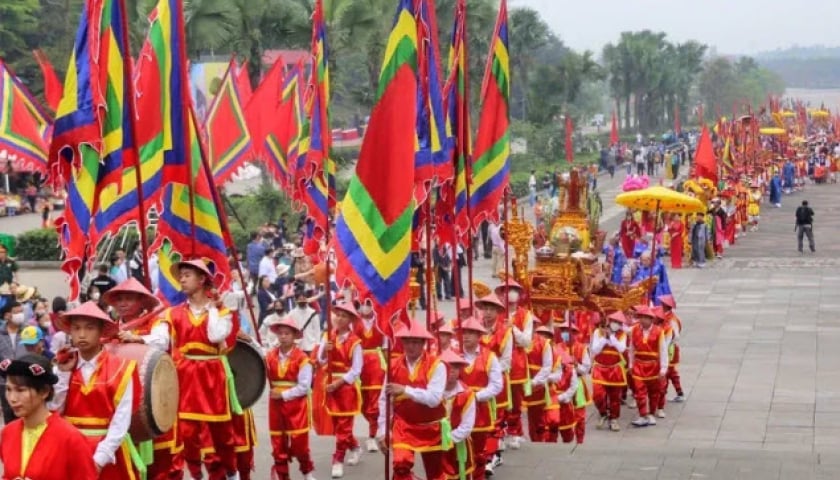

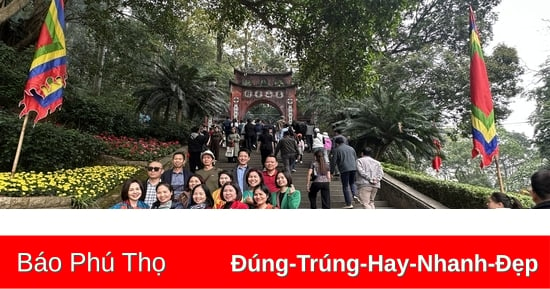

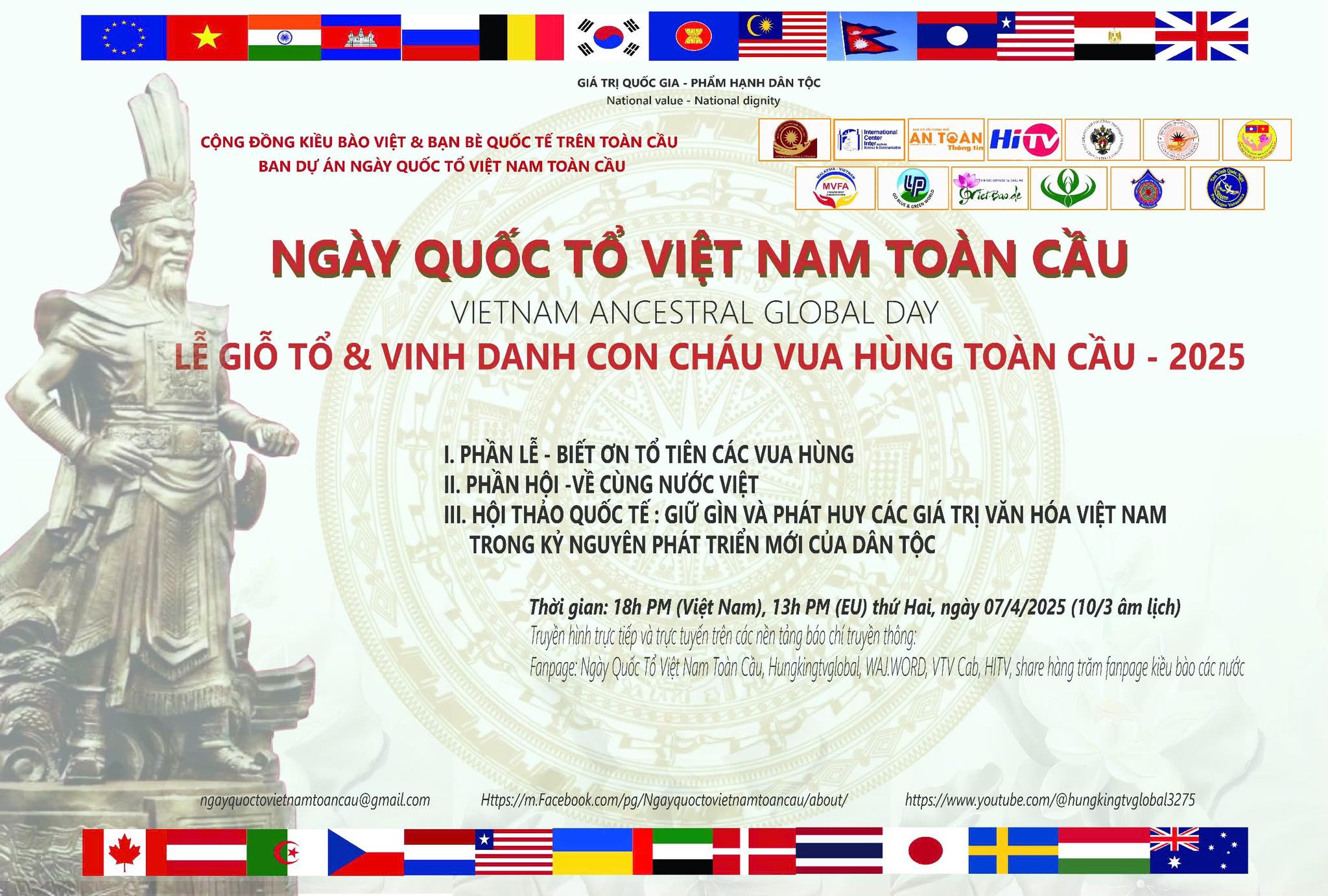

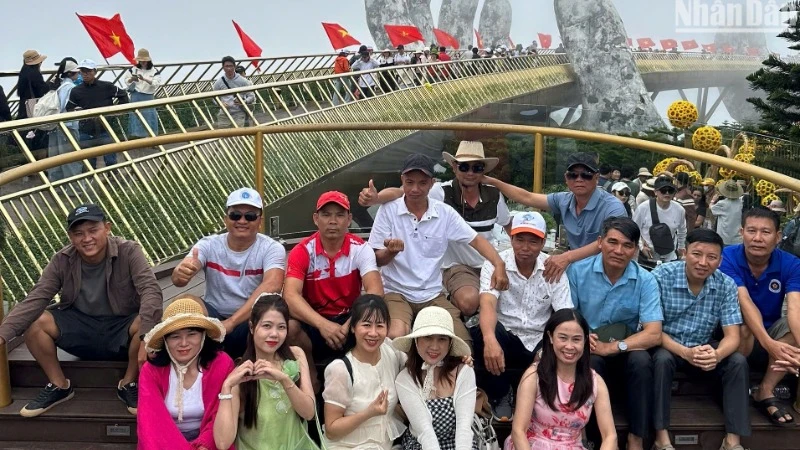

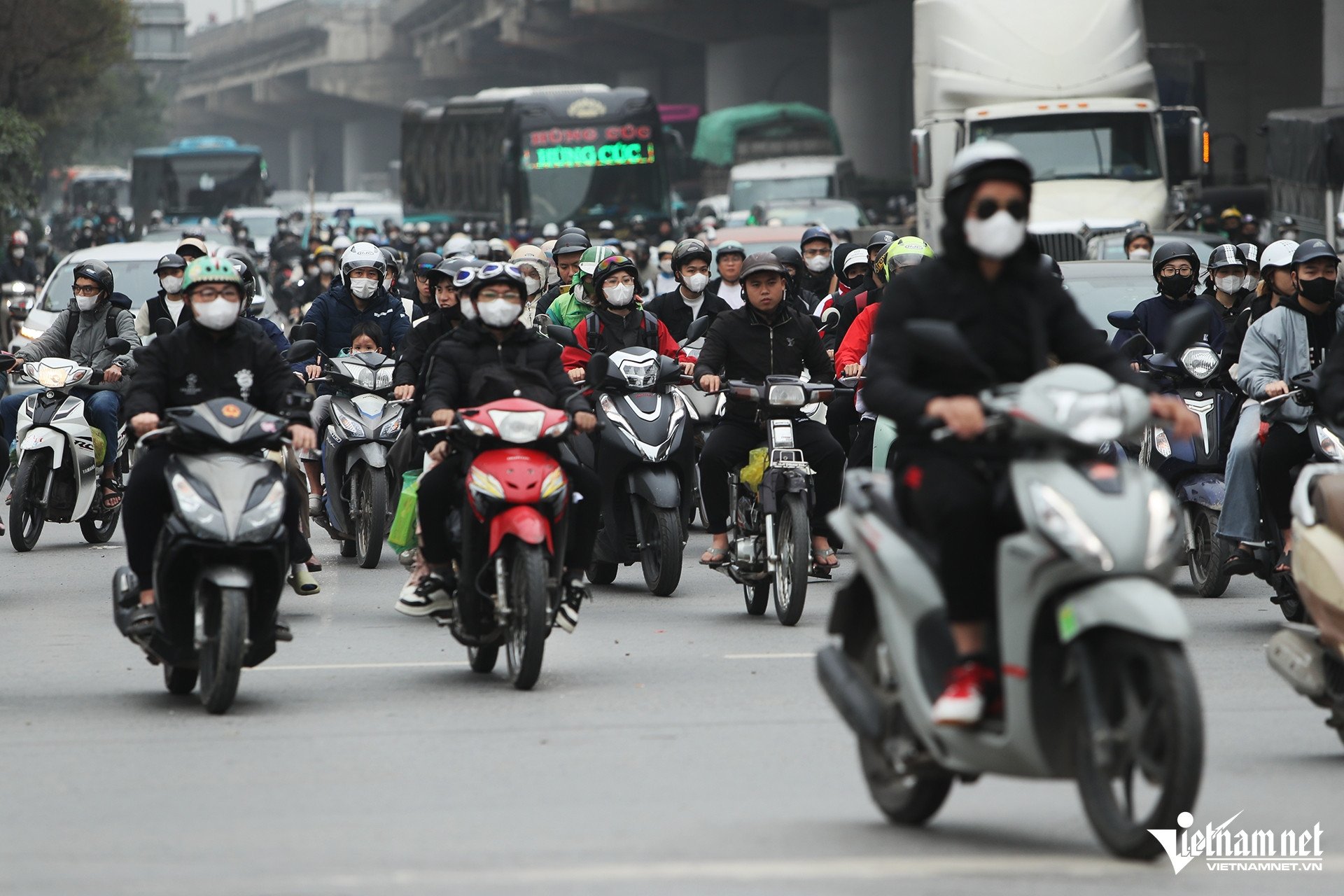

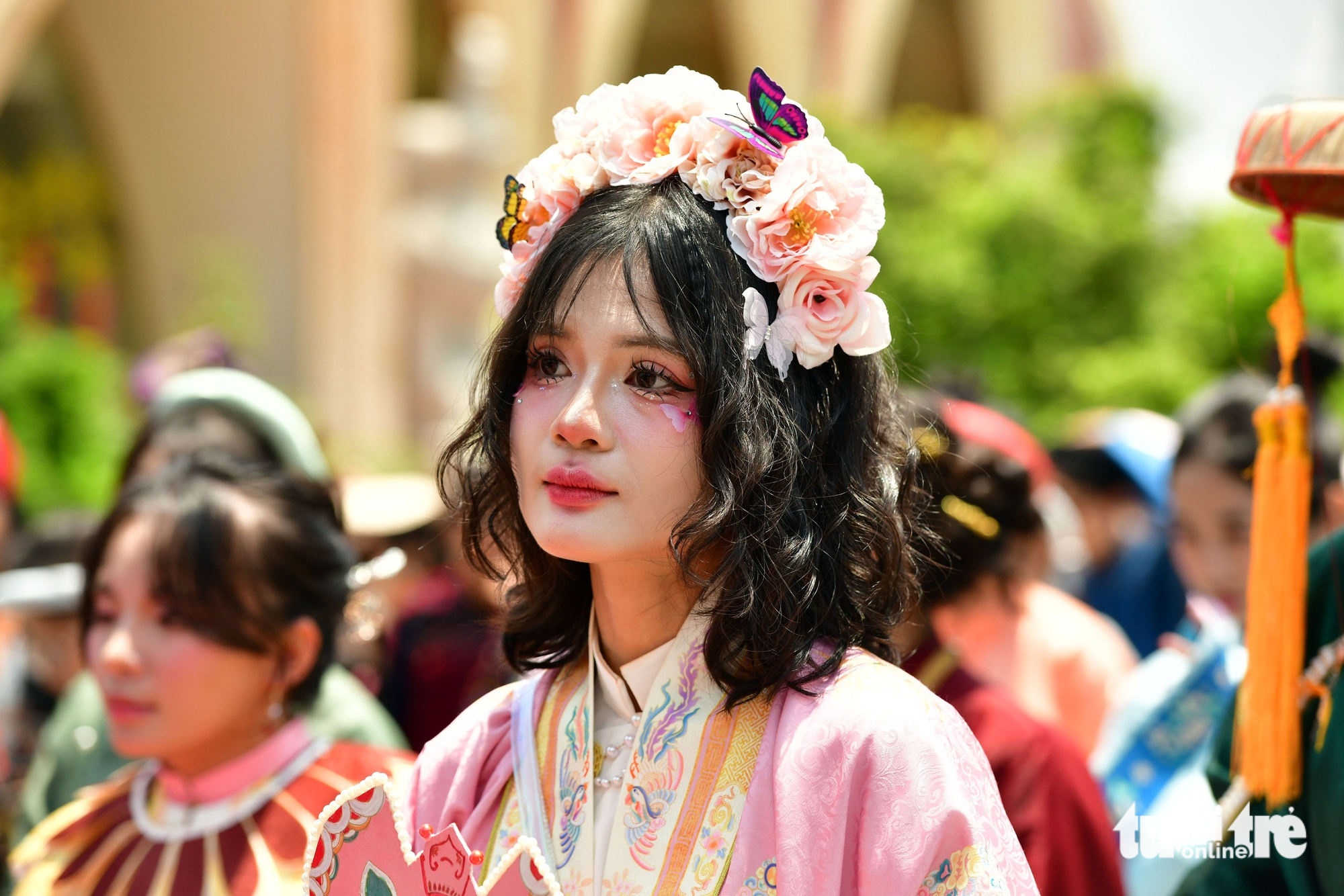

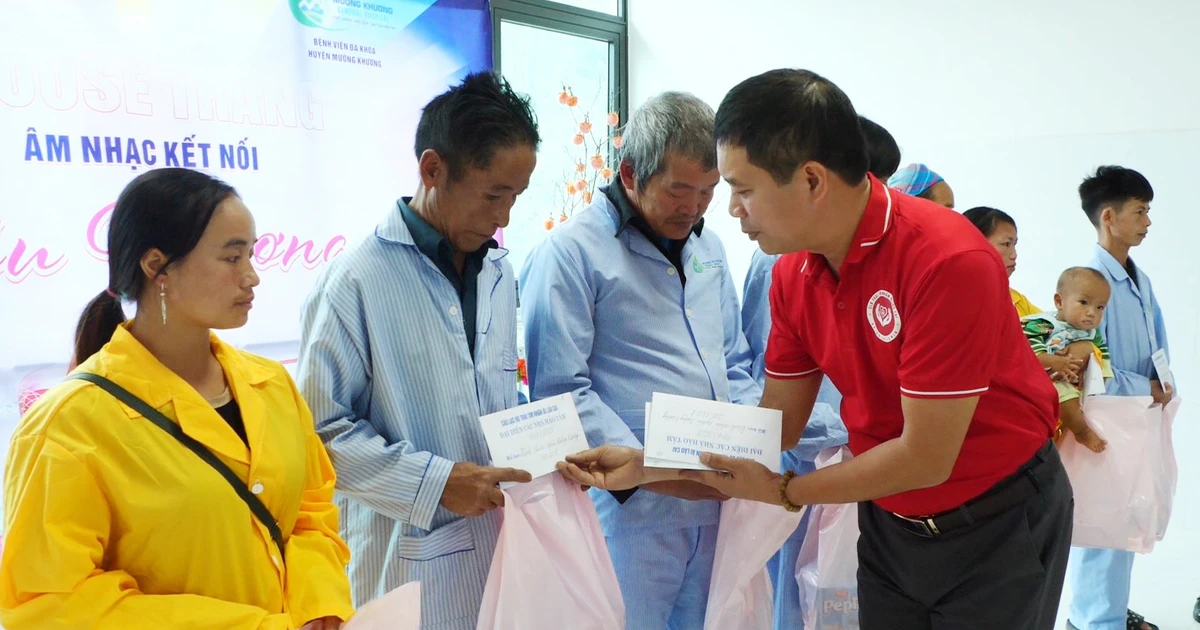


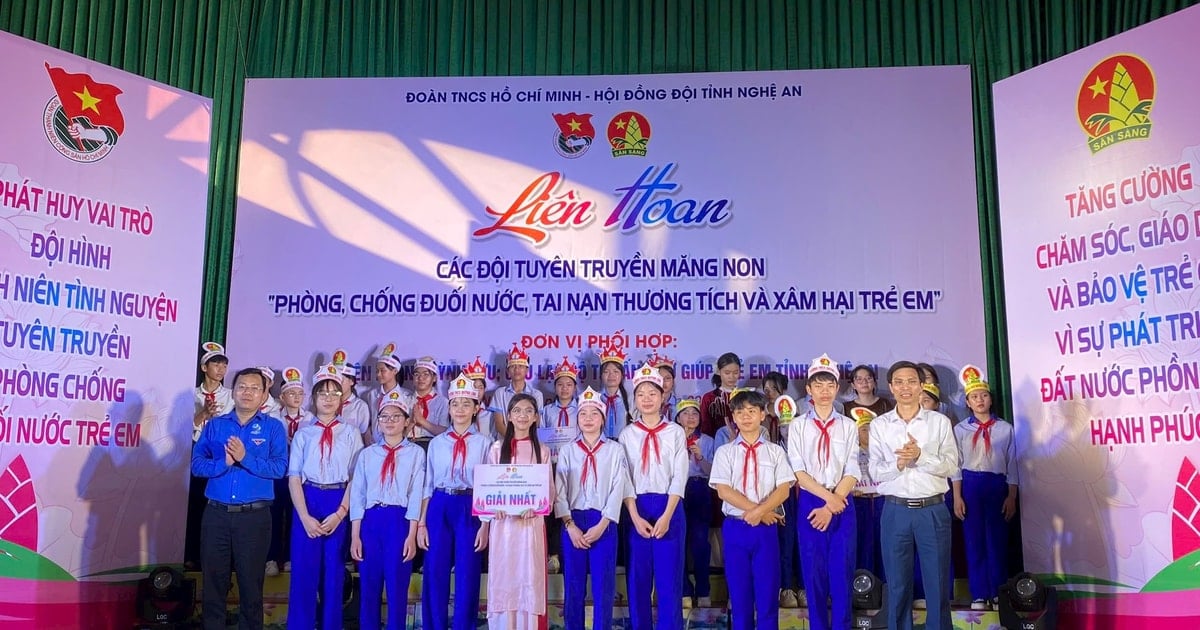
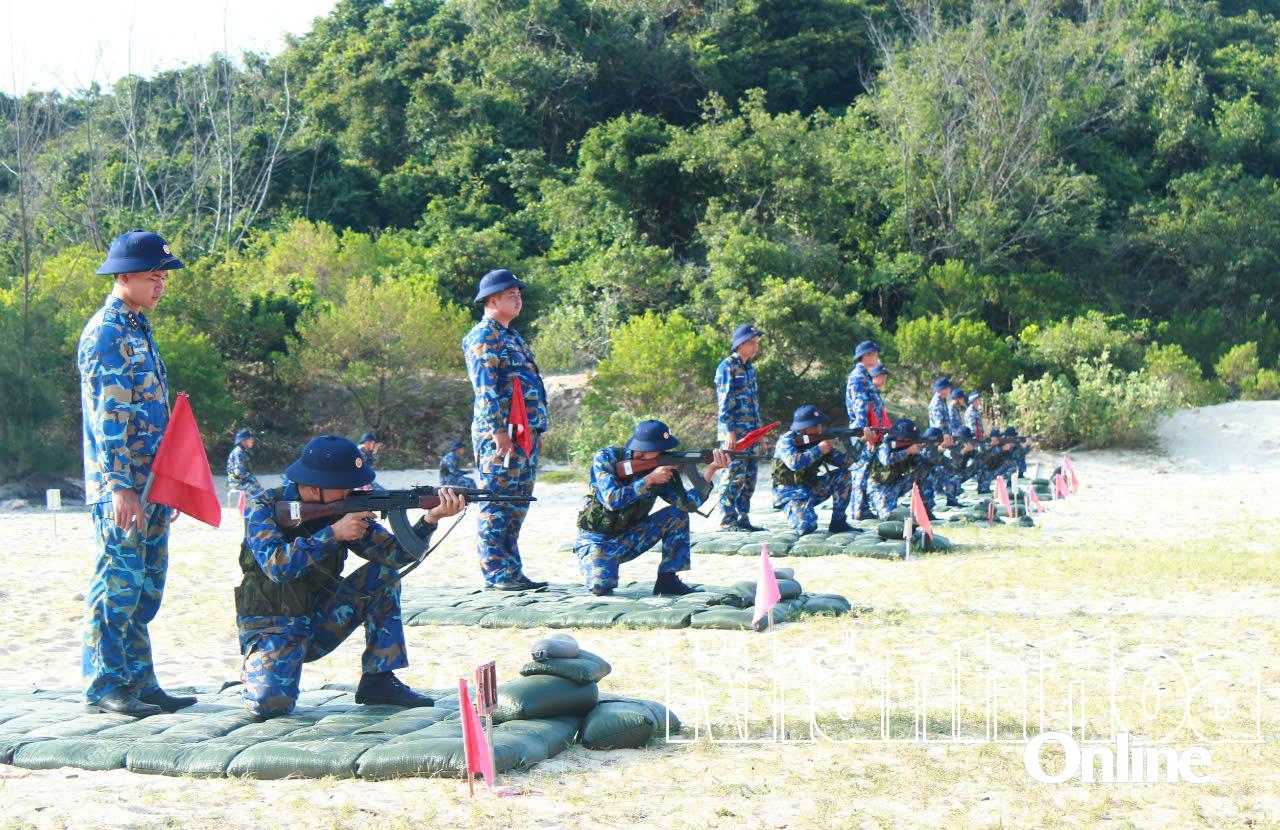
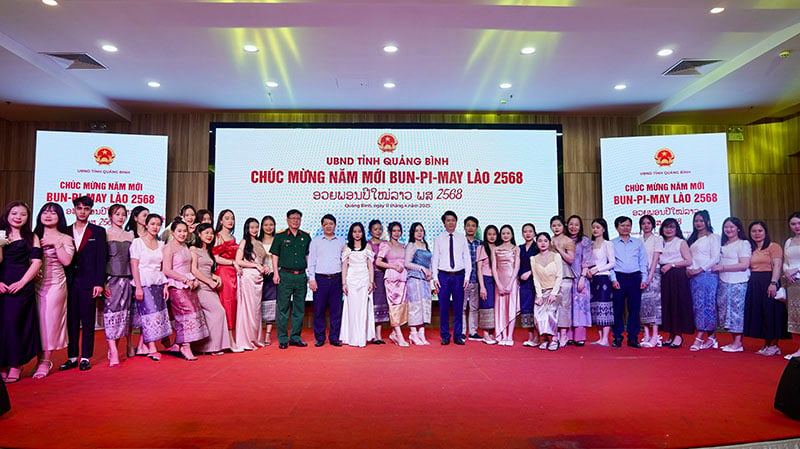


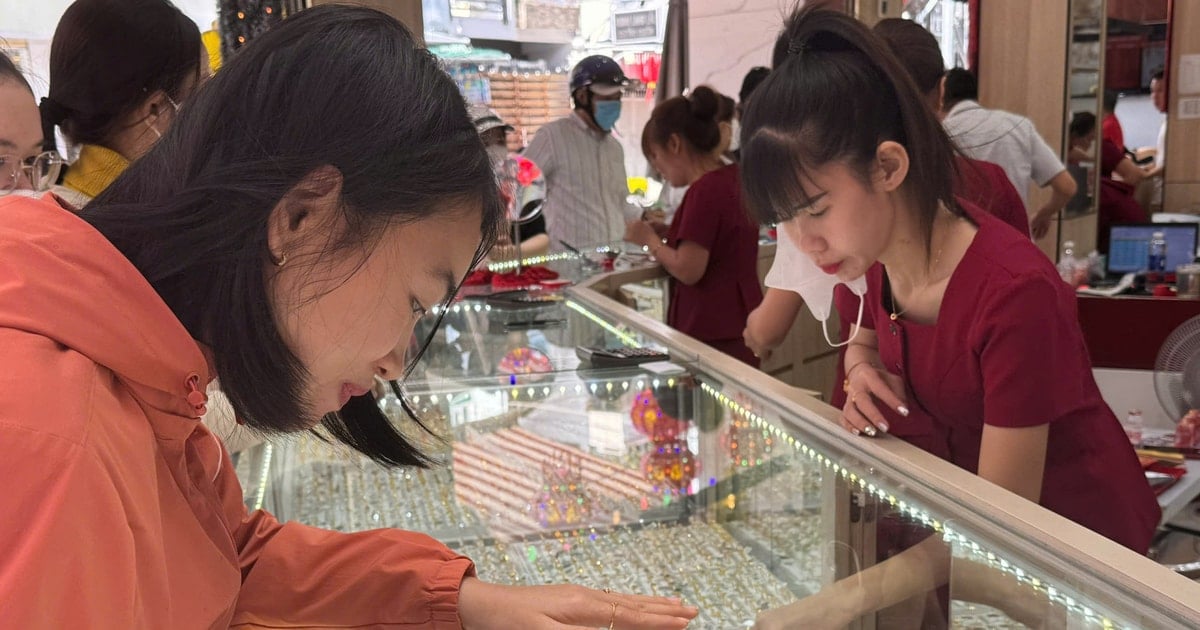
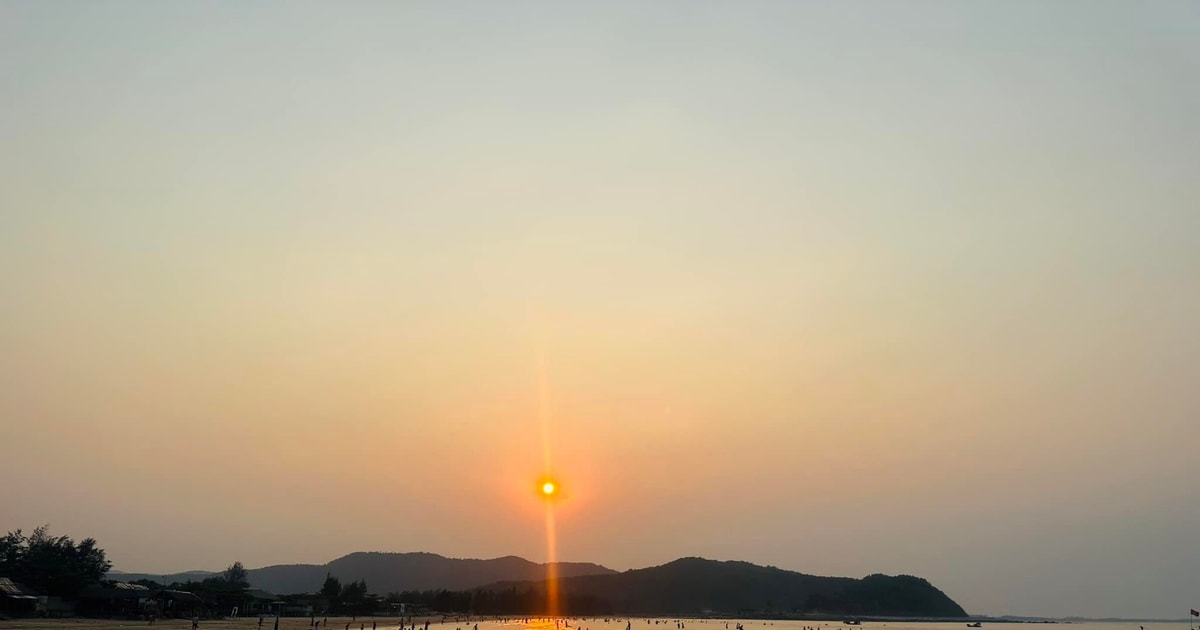

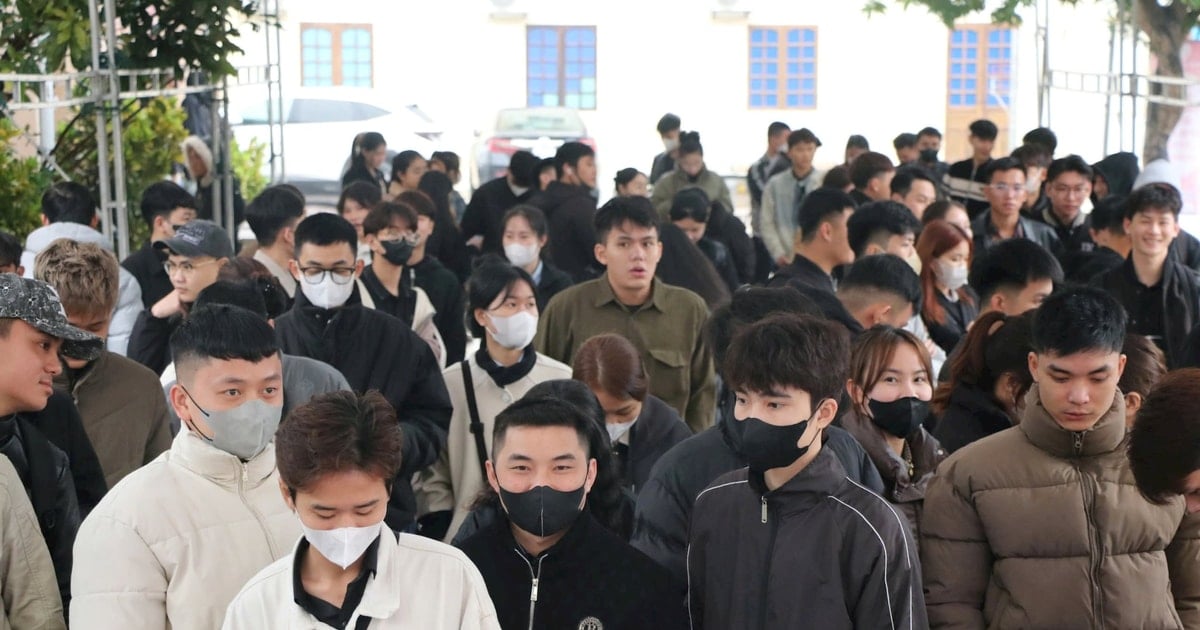
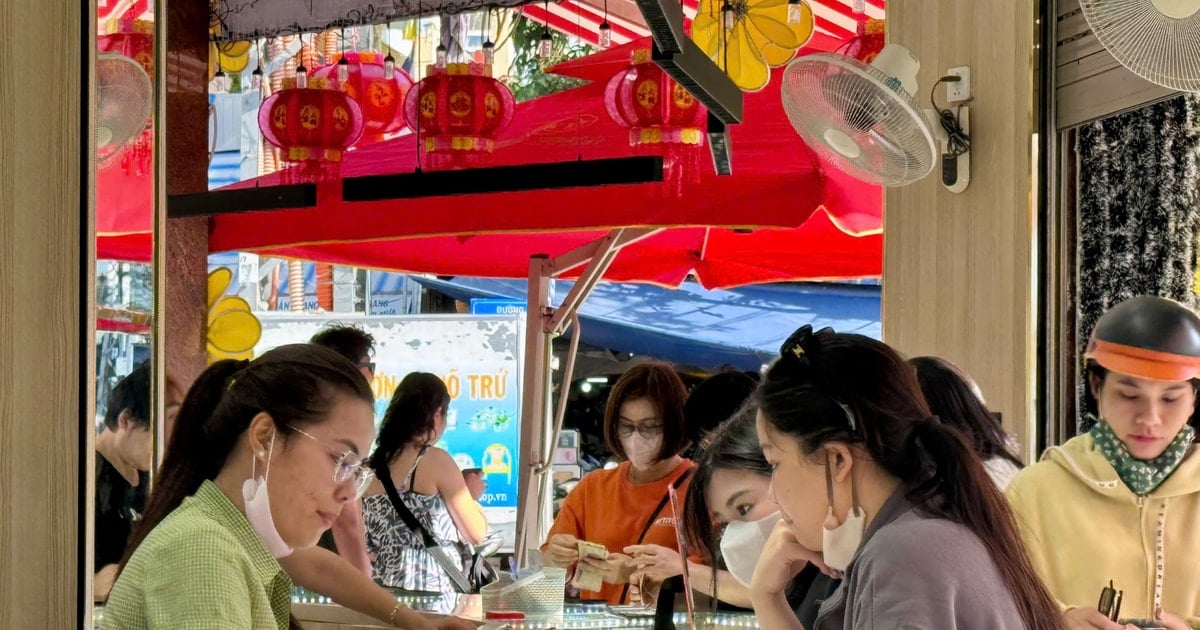
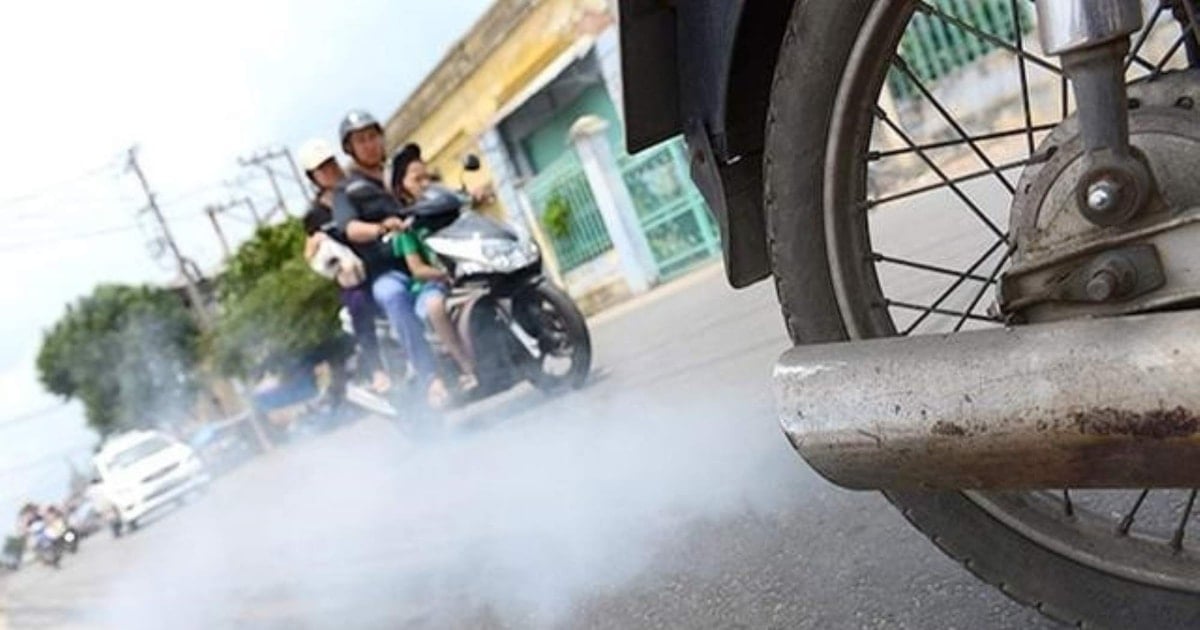

![[Photo] Summary of parade practice in preparation for the April 30th celebration](https://vstatic.vietnam.vn/vietnam/resource/IMAGE/2025/4/11/78cfee0f2cc045b387ff1a4362b5950f)






































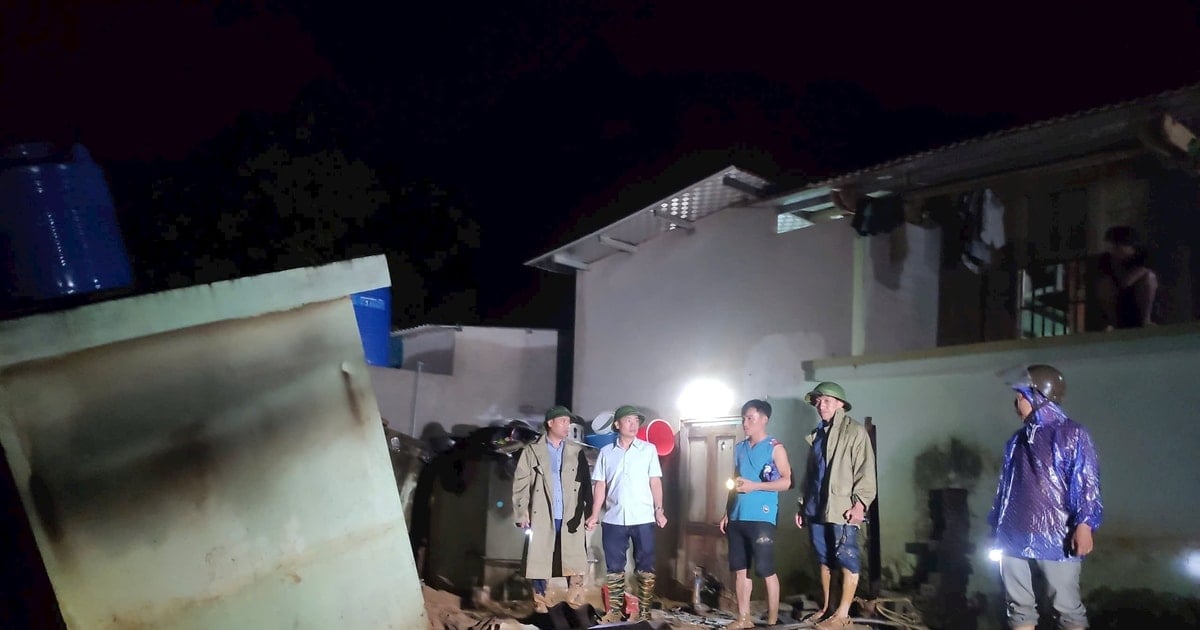
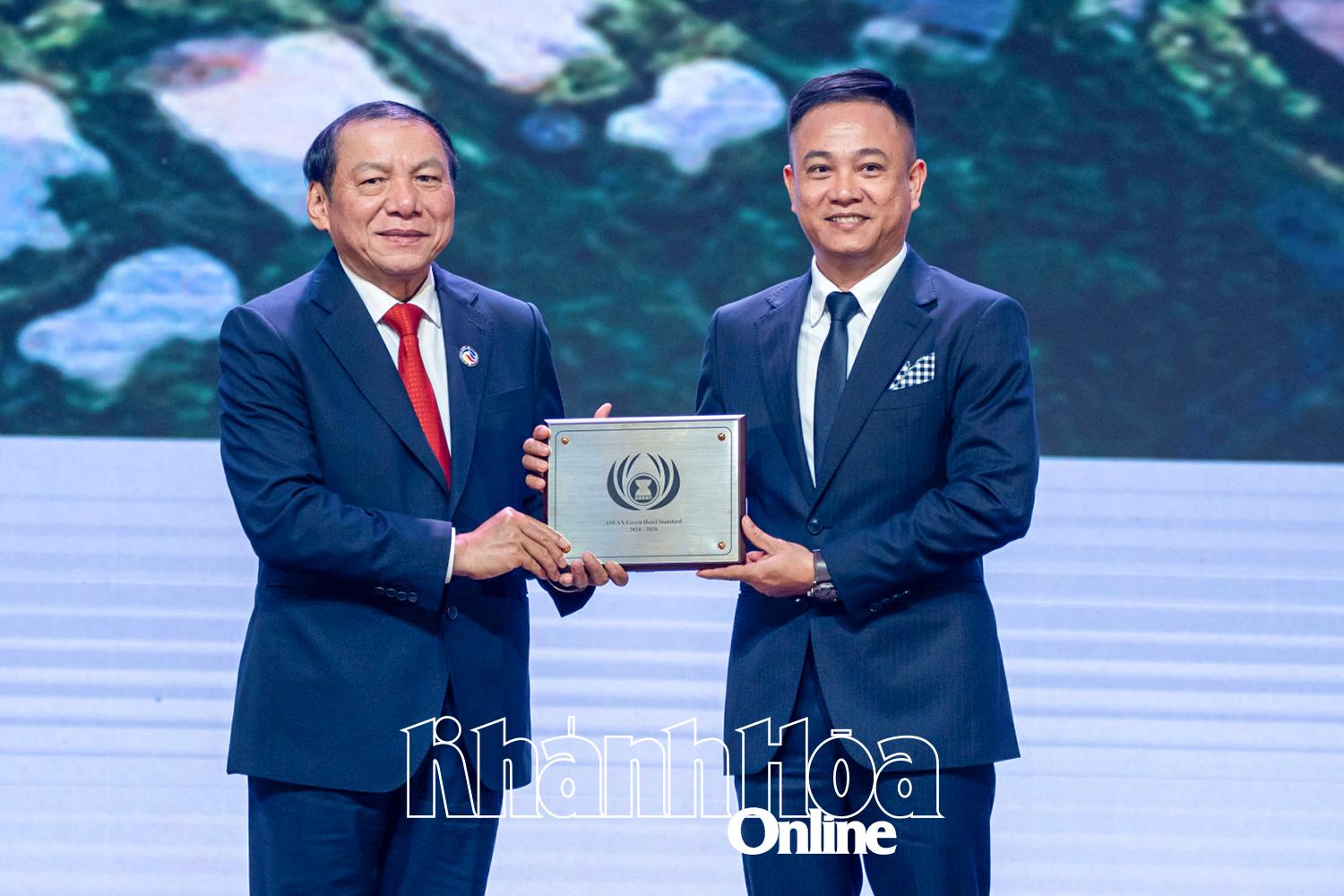

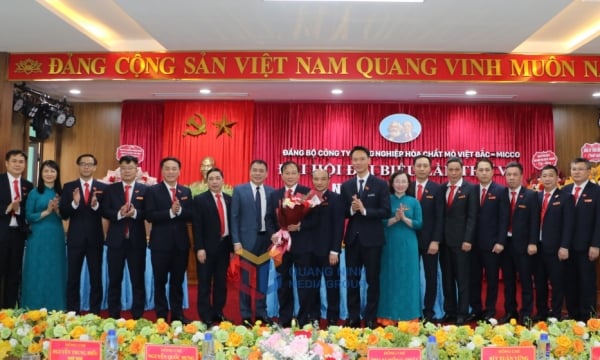
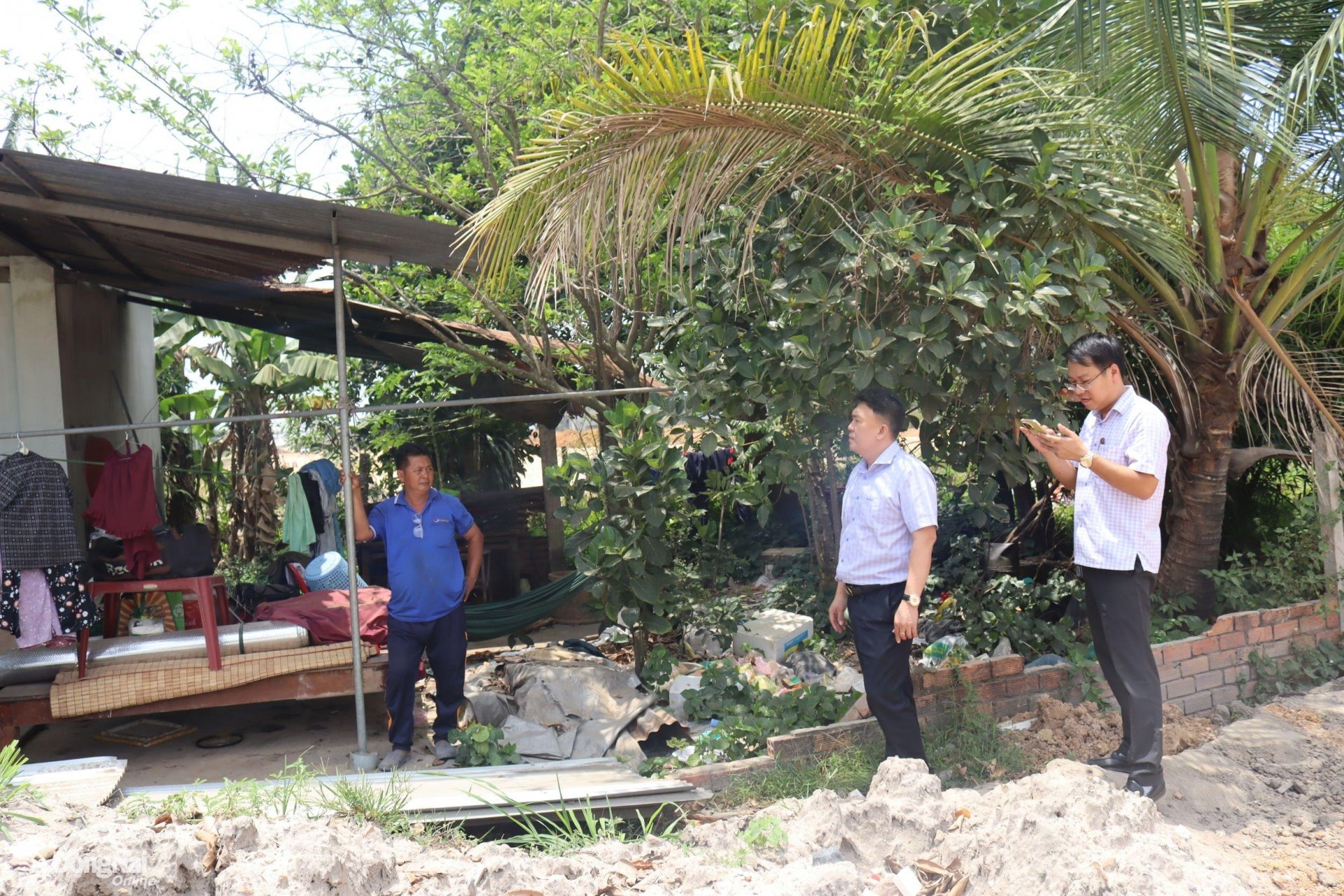

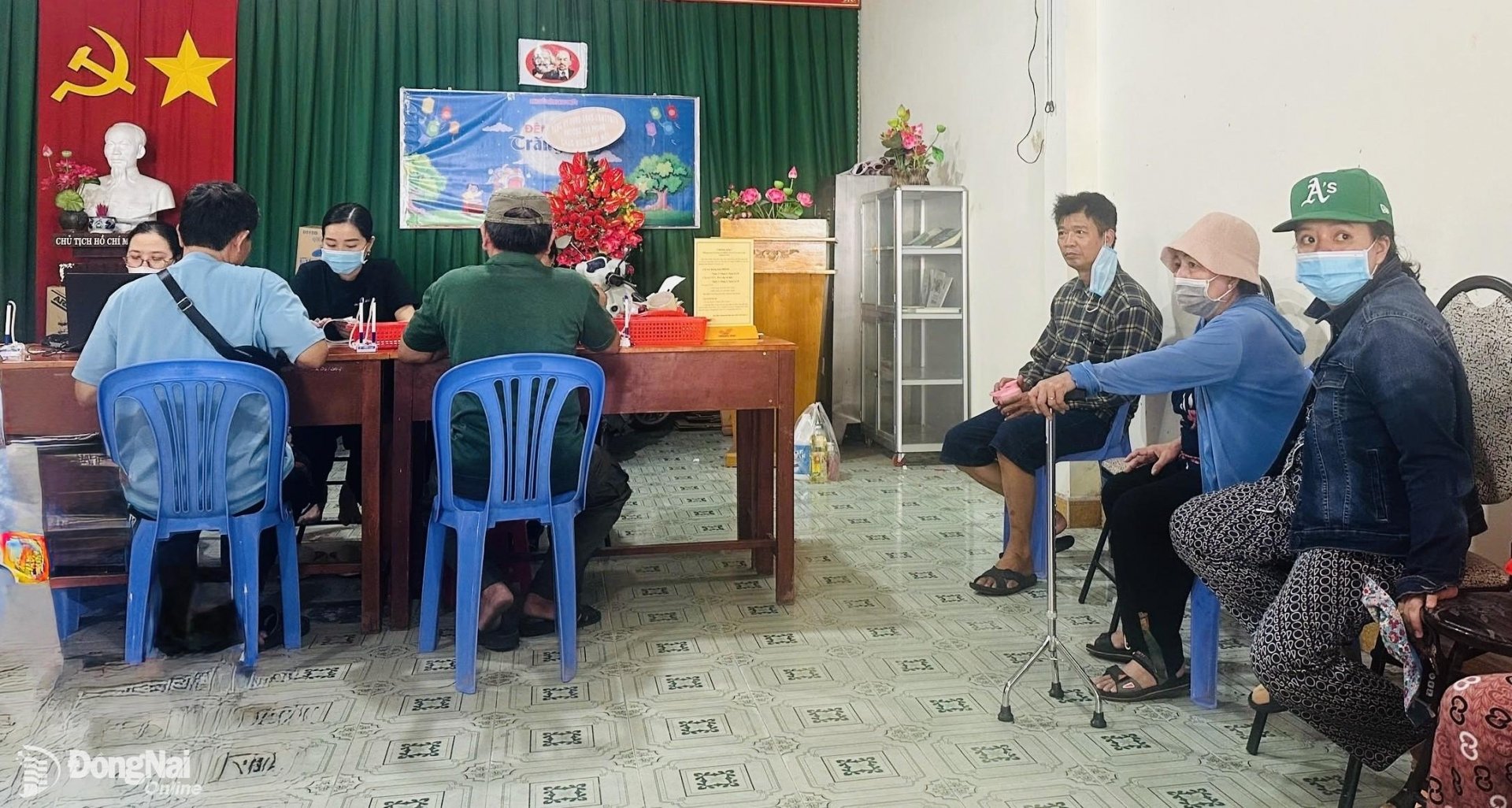
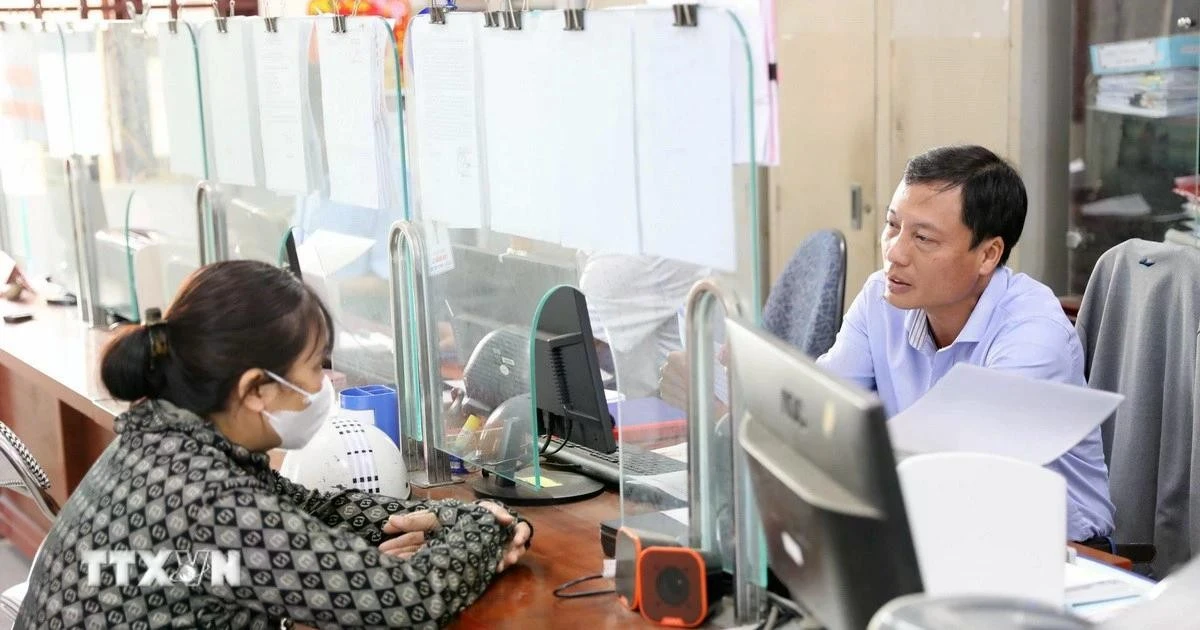












Comment (0)